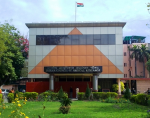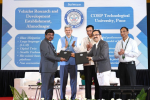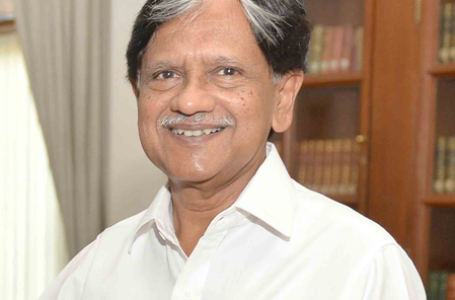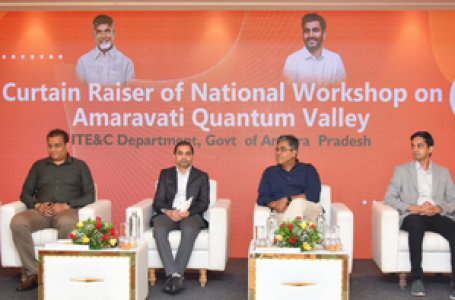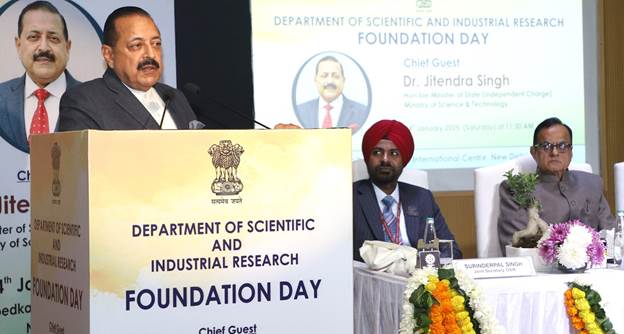
New Delhi: The government on Sunday announced indigenously-developed paracetamol drug by the Council of Scientific and Industrial Research (CSIR), which would reduce dependence on imported ingredients.
This innovation aims to make India self-reliant in paracetamol manufacturing aligning with Prime Minister Narendra Modi’s “Atmanirbhar Bharat” vision, said Union Minister Dr Jitendra Singh.
The minister elaborated that CSIR has developed indigenous technology to produce paracetamol, a widely used pain reliever and fever reducer. Currently, India imports the key raw materials for paracetamol from various countries.
Karnataka-based Satya Deeptha Pharmaceuticals Ltd will utilise this breakthrough to produce affordable paracetamol domestically.
“There have been a series of indigenous developments namely India’s first indigenously-developed antibiotic Nafithromycin to treat both atypical and typical drug-resistant bacteria,” said Dr Singh.
The minister also congratulated the team of Department of Scientific and Industrial Research (DSIR) on their 40th Foundation Day.
The DSIR Foundation Day marked 16 more technology transfers: 9 CSIR-CSIO Chennai and 6 from CSIR-CEERI, Pilani.
The technologies transferred by CSIO are in the area of design and development of scientific and industrial instruments with IoT enabled technologies, while transfers by CEERI are in the area of healthcare and societal implications. One MoU is signed between CSIO and ELCIA, Bengaluru towards mutual collaboration in development of sensors.
Speaking on the pace of technological prowess achieved by India in the past decade, Dr Jitendra Singh credited the visionary leadership of PM Modi who has been a champion of technological development and utilising its potential for the benefit of the country.
Dr Singh emphasised that it is high time for us to look beyond government resources for innovation and start exploring non-government funds along knowledge partnership and resource sharing.
He underlined that Anusandhan National Research Foundation (NRF) is the step in the same direction where 60 per cent of the funds will be raised by non-government sectors.
Professor AK Sood, Principal Scientific Advisor to the government of India, emphasised on making our country a product-based economy.
IANS




